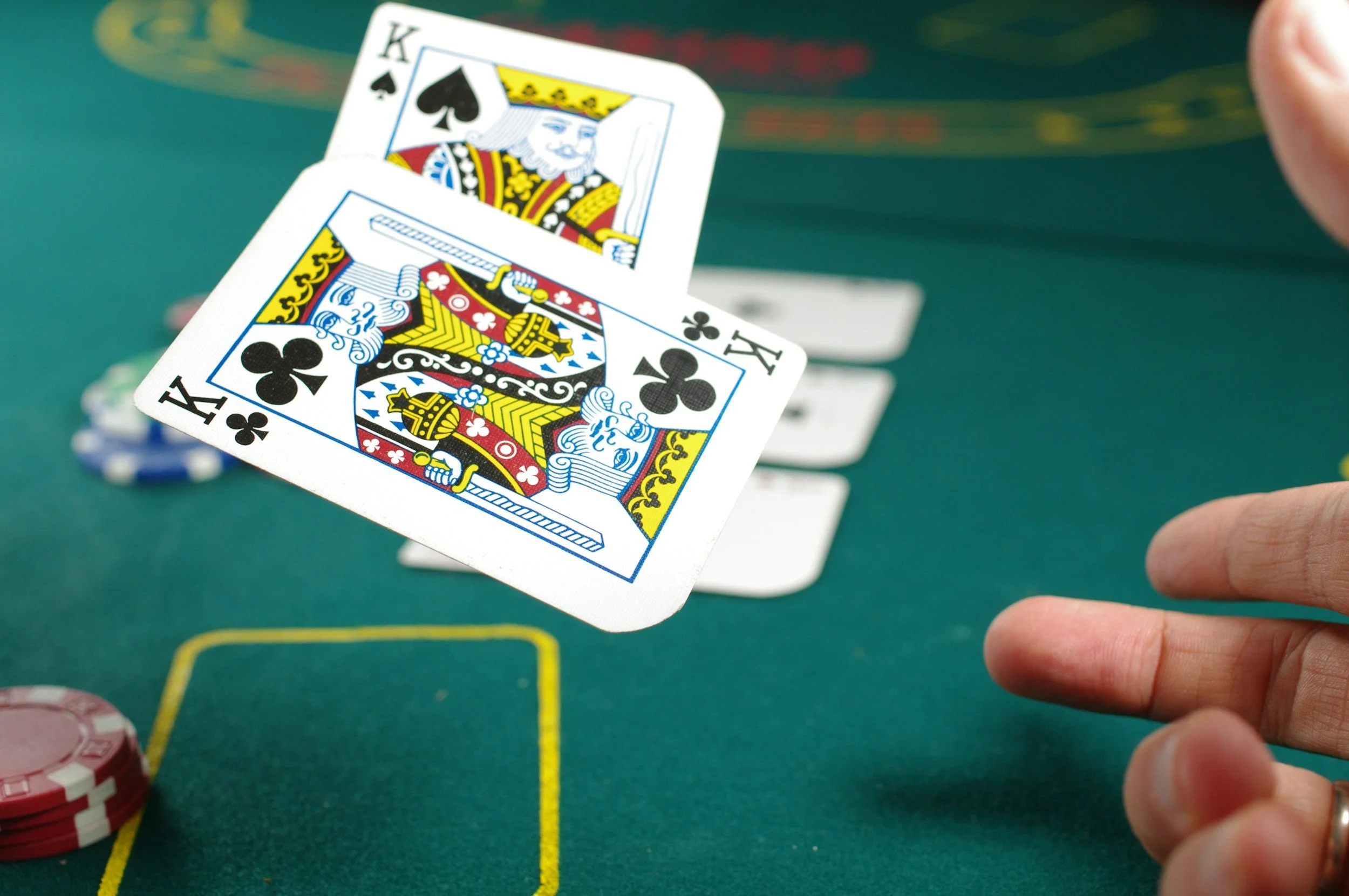When Gambling Is More Than A Game
Gambling disorder is a mental health condition that can affect anyone, regardless of their background.
People with a gambling disorder have trouble controlling their gambling, even when it causes significant problems in their lives.
The internet has made gambling available at any time, offering more convenience and privacy than ever before. Early research suggests that people who use mobile devices to gamble have higher rates of problem gambling.
Diagnosing Gambling Disorder
A person is diagnosed with a gambling disorder if they have experienced at least four of these criteria within the last year.
A need to gamble with increasing amounts of money to achieve the same level of excitement.
Restlessness or irritability when trying to cut back or stop gambling.
Repeated, unsuccessful attempts to control, cut back on, or stop gambling.
Frequent thoughts about gambling.
Gambling to cope with feelings of distress.
"Chasing losses," which means trying to win back money after a loss by continuing to gamble.
Lying to hide gambling activity.
Jeopardizing or losing a close relationship, job, or opportunity because of gambling.
Relying on others to provide money to relieve a desperate financial situation caused by gambling.
Getting help
While some people can stop gambling on their own, many need professional help. Different types of therapy can be used to treat a gambling disorder; however, only about one in ten people with a gambling disorder seek treatment.
Support groups like Gamblers Anonymous can also provide valuable peer support.
Support from family and friends is crucial for recovery. If you know someone with a gambling disorder, it is important to remember that it is an emotional problem, not just a financial one.
What can you do to help?
Do:
o Remain calm when speaking with the person.
o Set clear boundaries around money and take control of family finances.
o Seek support for yourself from groups like Gam-Anon.
Don't:
Lecture the person or lose your temper.
"Bail out" the gambler by paying off their debts.
Expect immediate recovery—treatment takes time.
Suicide Prevention
IMPORTANT: Individuals with a gambling disorder are at an increased risk of suicide. If you or someone you know is having thoughts of suicide, please seek immediate help. You can call or text 988 to connect with the Suicide & Crisis Lifeline.
Share this blog!


